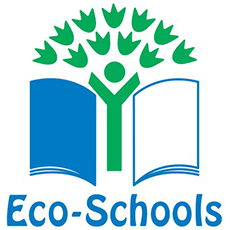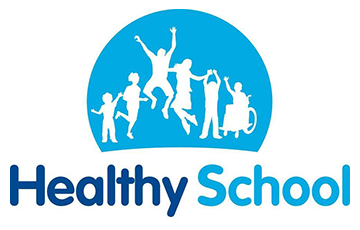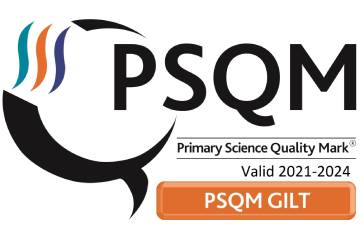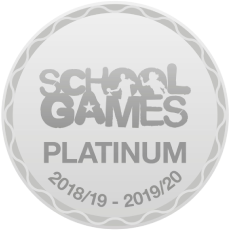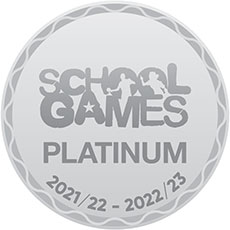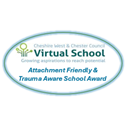Science
Charles Darwin Community Primary School
Science Overview
Our curriculum intent
After 7 years of studying Science at Charles Darwin, pupils will:
- Ask their own questions and work together in groups to find answers to them.
- Investigate their ideas practically through hands on experiences.
- Carry out all sorts of different investigations linked to real life problems where possible.
- Work together in groups to talk through scientific ideas and investigation findings.
- Engage with Science in the local community.
- Be equipped with the scientific knowledge required to understand the uses and implications of Science, today and for the future.
- Use a range of methods to communicate their scientific information and present it in a systematic, scientific manner, including use of computing, diagrams, graphs and charts.
- Develop a respect for the materials and equipment they handle with regard to their own, and other children’s safety.
- Develop an enthusiasm and enjoyment of scientific learning and discovery.
What this looks like at Charles Darwin
Our Science curriculum follows the national curriculum and enhance this through a clear Science progression grid. We teach Science discretely as well as incorporating it into topic and other subjects where links arise. All Science topics are based around the six areas of investigation: observing over time, looking for patterns, identifying, classifying and groupings, fair testing researching using secondary sources, making and developing systems. Each year, we host a ‘Science Week’ based around an engaging theme. All children produce cross-curricular work linked to the theme. Additionally, we love to get parents involved through parent workshops so they can run sessions with the children. We aim to engage with local scientists and other local organisations within this week and through the school year.
At Charles Darwin, we regularly plan in STEM visitors for children in Years R to 6. We have had sessions from space to Antarctica!
We are a local Science training hub linked closely with STEM and provide subject leader training and whole school training for primary teachers in the local area. The school holds the Gilt Primary Science Quality Mark.
We are delighted to have a school of buzzing and engaged young scientists who regularly complete their own Science projects and research at home.
EYFS
Within EYFS, Science is introduced indirectly through activities to encourage the children to explore, problem solve, observe, predict, think, make decisions and talk about the world around them. Science comes under ‘understanding the world’ and teachers chose carefully planned activities linked to topics based around the interests of the children. EYFS may also have many ongoing activities which further develop the children’s scientific skills independently through child initiated play, especially in the outdoor provision area.
Click here for information about our Understanding the World curriculum.
Key Stage 1
In Key Stage 1, Science is taught in weekly session to allow children to continuously develop and revisit Science topics as well as continuing to develop their passion for Science. Science involves various practical and hands-on opportunities as well as numerous learning outside the classroom experiences. Key Stage 1 place particular emphasis on using the local nature reserve to further develop learning throughout the year.
Key Stage 2
In Key Stage 2, Science is taught in weekly session to allow children to continuously develop and revisit Science topics as well as continuing to develop their passion for Science. Teachers use practical and engaging lessons which allows the children to explore scientific concepts and conduct working scientifically investigations linked to real life problems. As well as weekly sessions, wherever possible key stage 2 children engage with real life scientists through our links with STEM ambassadors, AstraZeneca and parents who work in Science industry.
Impact
Our children tell us they love science and their acquisition of skills, knowledge and vocabulary is good. The successful approach to Science at Charles Darwin results in a fun, engaging, high-quality Science education for all children, that provides children with the foundations for understanding the world. Our engagement with the Science in the local community ensures that children learn through varied and first hand experiences of the world around them. Through various workshops, trips and interactions with scientists and local organisations, children come to understand that Science has a huge impact on their lives today as well as their future. Subject leaders use regular pupil voice to continually develop and improve the Science curriculum to support the development of children’s love and passion for Science.


